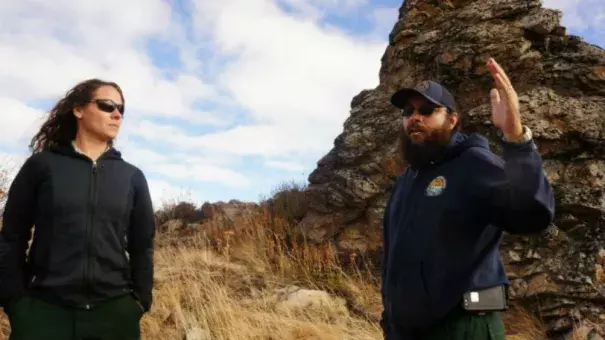We just had a record-breaking wildfire season. Is that climate change?

In the U.S., 2015’s devastating fire season topped 2006’s record season to become the worst on record: Over 9.8 million acres burned during a national wildfire season that extended into December. Washington state’s total burned acreage this year reached 1.1 million; Alaska broke records to reach 5.1 million acres. And it’s not just this country feeling the heat: Indonesia’s peat wildfires emitted more carbon than G8 countries, 34 people died in Siberian wildfires in April, and Canada’s summer wildfires forced thousands of people to evacuate British Columbia and Saskatchewan. It’s hard not to feel that climate change is literally fanning flames across our globe. In a sense that’s true, but our near-record fire season — like any Godzilla worth its thermonuclear salt — arises from a convergence of complicated factors, a confluence of human error and natural terror.


